When you travel, there can be a number of very unpleasant conditions. These conditions are not serious, but can thoroughly spoil your holiday. Fortunately, there is plenty that can be done, both preventively and at the time itself.
In this article we discuss travel sickness, possible side effects of malaria pills and travel diarrhoea.

Health Aids for Travel
Treatments
- All treatments
- Prescription medicines
- Non-prescription medicines
- Relevance
- Name A-Z
- Name Z-A
- Price low-high
- Price high-low
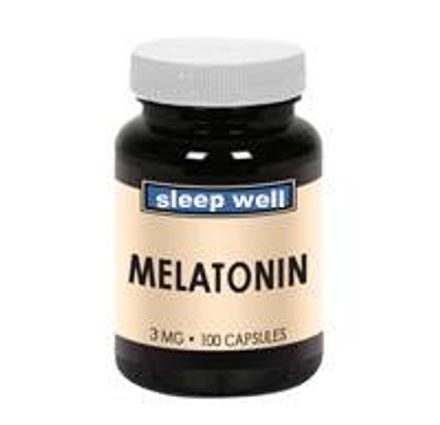
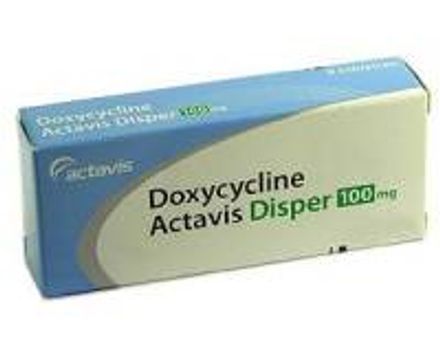
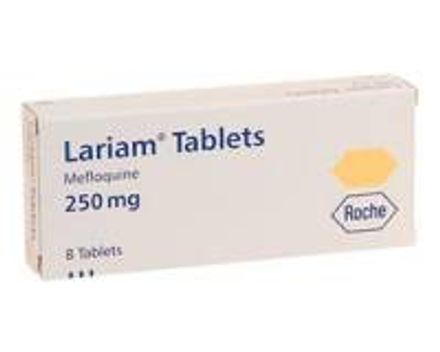
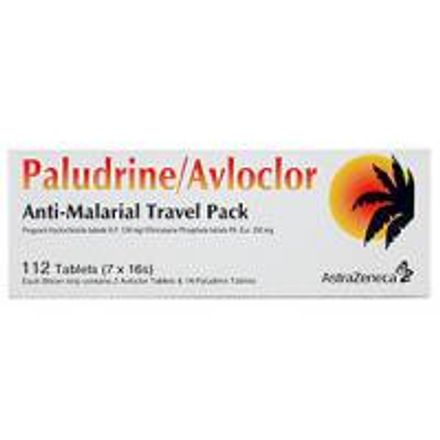


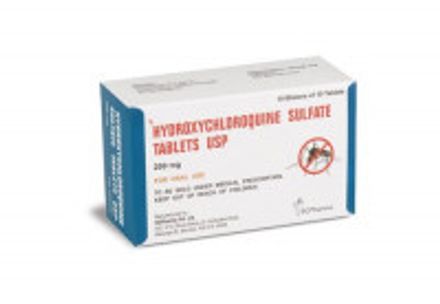
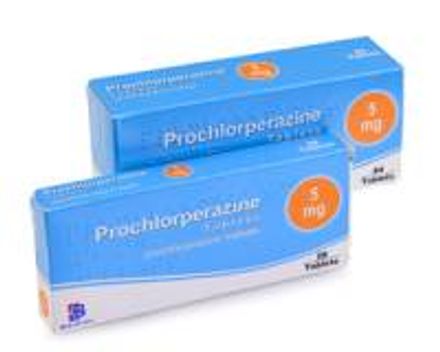

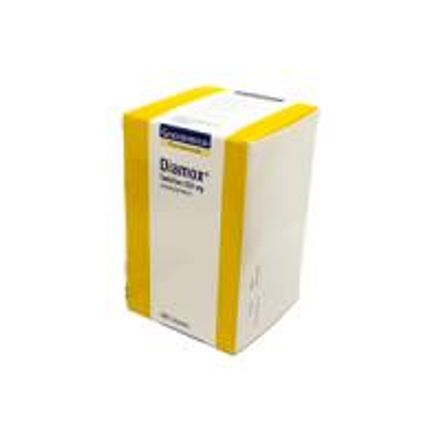
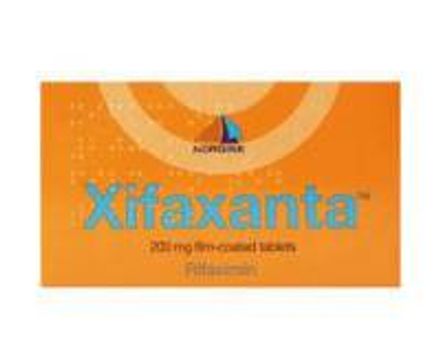
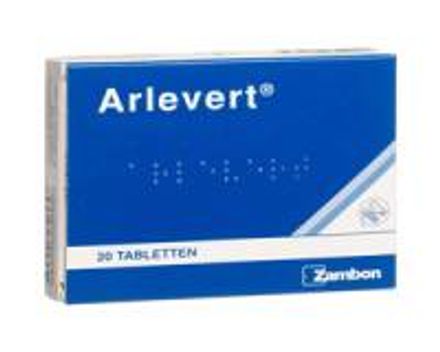
How does Dokteronline work?
At Dokteronline, you can get expert advice from doctors quickly, without the hassle of visiting your GP’s surgery. Take care of your health with reliable treatments and information from the comfort of your home.
Select your preferred treatment
The doctor will review your medical request
The pharmacy will ensure your medication is delivered to your doorstep
What is travel sickness?
By travel sickness we mean car sickness as well as air sickness and sea sickness. All three are the result of the same phenomenon, a moving means of transport that can cause considerable confusion in your equilibrium. With nausea and vomiting as a result.
The good news is that travel sickness gets less once the journey is over.
What are the causes of travel sickness?
Our brain receives information about the location of our eyes, our muscles and joints and our balance organ. If you are in a moving vehicle that you do not control yourself, your brain will be confused by conflicting information. To indicate that something is not going well, they give the signal "vomiting" to your stomach.
What forms of travel sickness are there?
Travel sickness is the collective term for three forms;
- Car sickness; people often suffer from this on long car journeys.
- Air sickness; in the plane people can feel quite sick due to air pressure difference, turbulence and during take-off and landing.
- Sea sickness; everyone knows the term 'sea legs'. If you do not, that constant swaying on the waves, which gets worse when the wind rises, can make you quite nauseous.
How can you recognise travel sickness?
Travel sickness often starts with dizziness, yawning and/or headaches, after which a feeling of nausea comes up, and this can make you vomit. Sweating is also a common symptom of travel sickness. It is quite possible that you will only experience some of these symptoms.
Is there anything I can do myself about travel sickness?
If you know that you might suffer from travel sickness, there are a number of preventive measures you can take:
- The best remedies are: sitting at the wheel yourself, or sleeping. In all cases where this is not possible:
- Make sure that you have had a light meal prior to your trip. It can make you ill if you do not eat, and eating fatty foods is not a good idea if you suffer from travel sickness.
- During long journeys it is wise to maintain a rhythm of a light meal three times a day. - Also consider taking ginger powder or ginger tea. This is a very good remedy for a stomach that is upset.
- Do not drink alcohol.
- In the car or bus it is best to sit in the front and not ride backwards. On a boat it is best to sit on the quarter deck, and on a flight near the wings.
- Do not read, write or browse the Internet while moving. This could make you nauseous. It is better to orientate yourself on the horizon and thereby counteract the confusion of your brain.
- Provide fresh, cool ventilation.
Side effect of malaria pills
What are the side effects of malaria pills?
If you go on holiday to countries where there is a risk of malaria, you are most likely advised to take malaria pills. There are a number of different ways to do this, depending on your travel destination and your personal circumstances. Although there are many known side effects of malaria pills, this is still a lot less serious than the disease malaria itself.
Malaria is a disease that occurs in the (sub-)tropics. It is caused by parasites. Contamination is caused by mosquito bites. Malaria causes fever, headaches, chills and muscle pain. Malaria can also be lethal, which is why any side effects of malaria pills are preferable to the risk of malaria infection.
There are various types of anti-malaria drugs, which are active in various fields. The products are used to kill the malaria parasites, combat fever and prevent malaria attacks. The choice of product usually depends on any local resistance of the parasites. Common side effects of malaria pills include tinnitus, dizziness, headaches, hypoglycaemia (low blood glucose), skin rash, itching and oedema on the eyelids. Side effects such as vomiting, diarrhoea, insomnia or sleepiness and coughing are less common.
What can I do myself about the side effects of malaria pills?
Malaria pills are given as a cure. It is important that you finish this course.
If you vomit within an hour of taking your malaria pills, or if you get a lot of diarrhoea, contact your doctor. It is not enough to take a new pill to replace the vomited pill, because it is a cure. You keep running out of one pill, and that needs to be replenished.
It is also very important that you adjust your fluid intake. If you vomit or have diarrhoea, you lose a lot of fluid. This needs to be supplemented.
Unfortunately, not much can be done to prevent the side effects. It is part of the process, and not taking malaria pills is really not wise. Malaria can have very serious consequences.
Traveller's diarrhoea
What are the causes of traveller's diarrhoea?
There is nothing more annoying than diarrhoea on holiday. This is usually caused by an infection with a bacterium, a virus or protozoa. You run a higher risk of infection:
- Food. These include unwashed fruit and vegetables, raw milk products (cheeses, unpasteurised milk, ice cream), unhygienically prepared seafood, raw or uncooked meat.
- Contaminated water or water not intended for consumption.
- Insects can also transmit bacteria or viruses. Be wary of flies and mosquitoes, for example.
- Contact with the faeces or saliva of someone who has diarrhoea. This may be due to poor hygiene of the person who is ill, but also due to less well-maintained toilets and washing facilities.
As the intestinal wall is affected or even infected by the bacteria or the virus, your intestines can no longer do their job so well. An important function of the intestines is to thicken the stool. This function is disturbed in the event of diarrhoea. Less moisture is extracted from the food. Moreover, the inflamed intestinal wall loses moisture. Also, the food will pass through the intestine faster than usual and your intestines will not be able to absorb the nutrients that are so important to you from the food.
How can you recognise traveller's diarrhoea?
Traveller's diarrhoea is in most cases caused by an infection in the intestines, usually as a result of an infection with a bacterium, a virus or protozoa. This usually takes place in the first few days of your holiday. Traveller's diarrhoea always occurs suddenly and usually lasts a few days. The symptoms are three or four small stools a day with frequent intestinal cramps, nausea and sometimes fever.
Is there anything I can do myself about traveller's diarrhoea?
Precautions: The most important advice to reduce the risk of travel diarrhoea is related to hygiene:
- If you get something from a stall on the street, make sure it is either piping hot or dried. But it would be even better to peel the food yourself.
- Avoid cold, raw and unpasteurised foods.
- Avoid crustaceans such as oysters, lobster and shrimps.
- Make sure that meat, such as hamburgers and skewers, is well done.
- Find out about the quality of the drinking water in the country of destination. If in doubt, use only bottled water with a sealed cap, and do the same when brushing your teeth.
- Always wash your hands after using the toilet, before cooking and before eating.
If you already have traveller's diarrhoea, it is important that you get enough fluid. As described above, your intestines are no longer able to remove moisture from your food, which can lead to severe dehydration symptoms. Make sure you drink a lot to be able to replenish the moisture content quickly!
Make sure that you (or your sick travel companion, if any) keep urinating regularly. If you have not or have hardly urinated for more than 24 hours, your kidneys may not be functioning properly. In this case, contact a doctor as soon as possible.
Note: If you are taking medication, including the contraceptive pill, the effect may be greatly reduced by of the diarrhoea and any vomiting. Your intestines do not absorb the medicines or absorb them less. Also contact your doctor to take measures if necessary. It is known, for example, that if you suffer from diabetes mellitus, your diabetes can become disrupted as a result.
What are the forms of treatment?
Medication
If you have a fever or blood in your stool, it is wise to consult a doctor. It could be bacterial diarrhoea, which requires antibiotic treatment. Even if your diarrhoea persists for more than a week after your return, it is advisable to see your doctor.
Alternative treatments
If you, or one of your travel companions, has diarrhoea, it is very important to take on enough fluid. Try to avoid coffee and alcohol as these drinks absorb moisture from your body. If the diarrhoea persists for a very long time (longer than 5 days), get ORS at the local pharmacy. The abbreviation stands for Oral Rehydration Solution, and it is a moisture replenishment. It consists of a mixture of salt and sugar that you can dissolve in water.
If you are very bothered by the constant visits to the toilet, loperamide (oxide) is also available on the free market under various brand names. If this still has no effect after 48 hours, discontinue use and see a doctor.
References
Gezondheidsnet (2016), 8 questions on travel sickness, consulted on 22 April 2019, at https://www.gezondheidsnet.nl/vakantie/8-vragen-over-reisziekte
Dutch Care Institute (z.j.) travel sickness, consulted on 23 April 2019, at https://www.farmacotherapeutischkompas.nl/bladeren/indicatieteksten/reisziekte
Dutch Care Institute (z.j.), consulted on 23 April 2019, at https://www.farmacotherapeutischkompas.nl/bladeren/groepsteksten/malariamiddelen
Thuisvaccinatie.nl (s.j.) Malaria pills, consulted on 23 April 2019, at https://www.thuisvaccinatie.nl/malariapillen
Dutch Care Institute (s.j.) acute diarrhoea, consulted on 23 April 2019, at https://www.farmacotherapeutischkompas.nl/bladeren/indicatieteksten/acute_diarree
Dr. P. Fockens and Drs. W van Donselaar (2018), Traveller's diarrhoea, consulted on 24 April 2019, at https://www.dokterdokter.nl/aandoening/reizigersdiarree/item1827